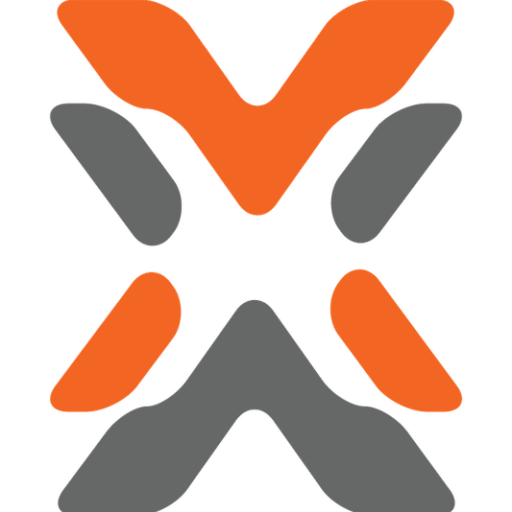Networking – it’s a word that has provoked strong emotion, from being a “bloody nightmare” to sending a “cold chill” down people’s spines. But what does networking mean for the autistic professional trying to get ahead in their career?
I decided to ask autistic professionals directly about this topic, focusing on these five questions:
- Do you go to networking events (virtual and in-person)?
- Do you go to such events to meet people, find jobs or for professional development?
- How do you personally navigate such events?
- If you don’t go to networking events, what are your reasons for avoiding events?
- Do you prefer to use virtual networks like LinkedIn?
Unsurprisingly, many people cited difficulties with noise and navigating the social dynamics to be key challenges of networking events. Several people emphasised the importance of structure and communication about the purpose of the networking event to ease anxiety.
Others embrace virtual networking instead, with a couple of professionals indicating they prefer to direct message people on LinkedIn or use the platform to connect with like-minded people.
But if you still need to turn up to an in-person networking event, what can you do? Below, we share some tips and insights from five autistic professionals.
Hunter Hansen, Business Analyst, USA
For me, networking events are very rare. I try to find a “wing person” with whom I can tag along with as needed or have some kind of mapped out agenda on the kinds of minds with whom I want to network. Having specific intentions, general plans, and then a better escape plan: those are my go-tos.
David Anson, Internal Auditor at Link Group, UK
“I’m a fan of less is more. 1:1’s or small groups are less overwhelming and it’s easier to build rapport. In a sense, the return is better too. Networking events may expose you to more people, but time is limited, meaning interactions are either very focused or short.”
Allie Mason, Operations Manager at Neuropool, UK
I prefer to network using LinkedIn because I am much more confident and comfortable with written communication. Verbal communication involves being aware of so many different things – intonation, body language, judging when it’s my turn to speak. The list goes on.
For me, being able to convey my thoughts in written form and in a structured way online has been a godsend where networking is concerned!
Cara Pelletier, Senior Director, Diversity, Equity and Belonging at UKG, USA
I appreciate networking events that have a suggested talk track. For example, providing attendees with 3 questions to ask each other or some ice breaker questions so I don’t have to come up with small talk on the spot. In lieu of that, I will also think ahead of time about 3 fun open-ended questions I might ask someone to get the ball rolling. Beyond navigating the small talk, the other thing that is really hard for me is recognising faces out of context. Name tags with name and department or organisation are a lifesaver.
Gerard Atkinson, Senior Manager at ARTD Consultants, Australia
I greatly prefer in-person networking events to virtual events, and pre-COVID I would usually attend at least one a month as part of professional associations that I am in.
I usually go to the events to meet new people and expand my network. On the professional development side, as a consultant much of my work comes through being visible in the sector, so events like these are a chance to engage with existing and potential clients, as well as to learn more about the sectors in which I work. My work on non-profit boards also means that networking events are an opportunity to engage audiences and potential supporters with our work.
One thing that really helped with my ability to navigate networking events was getting some formal training on networking when I did my MBA. The school I went to invested a lot of time in training students in how to effectively network, and ran a lot of events where they encouraged us to put the skills and techniques into practice with alumni. Some of those skills they taught included working out how and when to enter a group conversation, active listening techniques, crafting an effective pitch or story, and when and how to establish a longer-term connection. I combined this with the reading I had done on how to read body language and on developing a good conversation in order to enhance by ability to participate.
That being said, applying all this is a conscious process, and it can be tiring. So, I have also learned when to know the signs of when I am tiring and how to make a graceful exit if I need to recharge. But the more events I go to the better I get at it; I still get tired after a while but I find I get more out of the experience.
I tend to avoid virtual events as they don’t have the same spontaneity. I also find it harder to read both verbal and non-verbal social cues within the virtual setting, and to find a gap in the conversation to participate (the lag in virtual events doesn’t help).
I use LinkedIn, though perhaps not as much as I could. I think it’s great for doing follow-ups to in-person networking, and to reach out to like-minded people. Most people are not aware that LinkedIn provides some interesting metrics on personal networking activity, where they benchmark your activity against other people in your sector. It’s largely geared towards sales-type activity, but it can be useful information. The page is here: https://www.linkedin.com/sales/ssi
If you are looking for your next career or would like to talk to the Xceptional team about coaching, please email info@xceptional.io or visit the Jobseekers page.
Photo by Su San Lee on Unsplash

